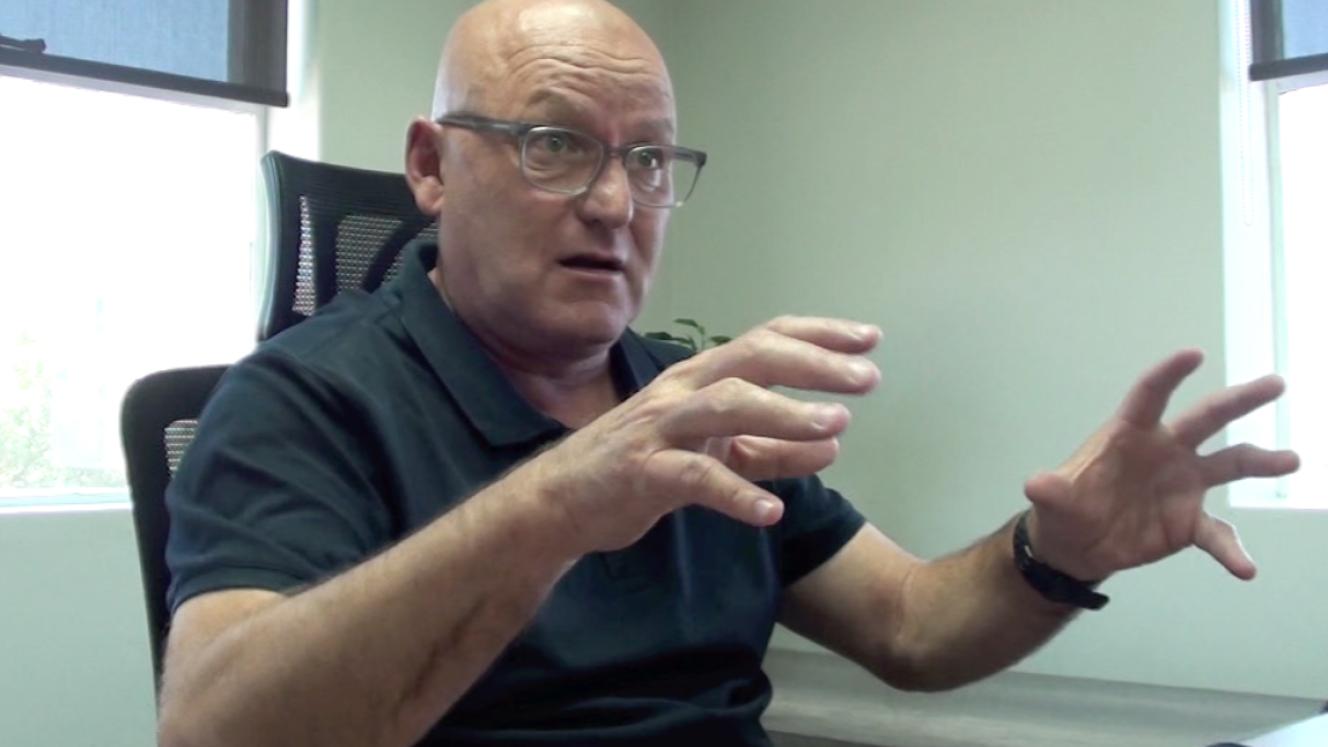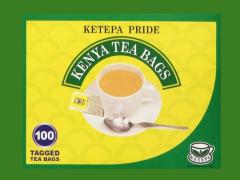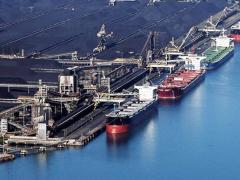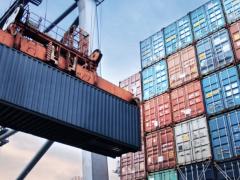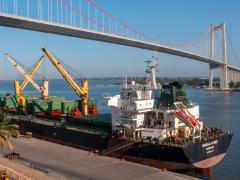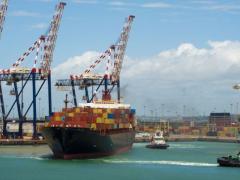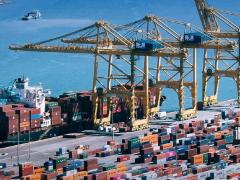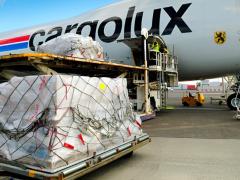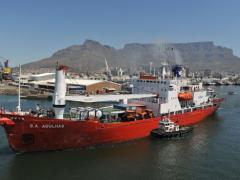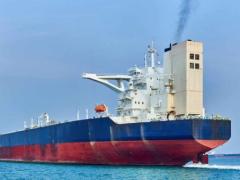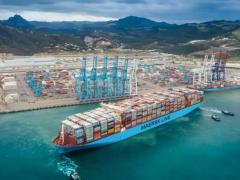Neutral wholesaler Aero Africa anticipates aggressive growth of its nascent export business through a classic volume consolidation model that involves using its own airfreight pallets.
According to chief commercial officer Jade da Costa, no one is currently doing it, although it used to be done for wide-body cargo out of South Africa.
“Many consolidators are claiming to be doing it, but they’re not. Instead, they’re doing it on a shipment-for-shipment basis, meaning they’re not actually building their own cargo.”
Da Costa added, though, that some of the bigger clearing and forwarding agents were building their own pallets.
“When cargo gets to the airport, they deconsolidate it themselves, which is the correct way to do it.”
Although it’s early days for the company’s export division, which has only been in existence since September, “Aero Africa wants to be in a position in the near future where we will use our own ULDs (unit load devices) or main deck pallets as a real benefit for our clients”, Da Costa said.
In real terms, it means agents are guaranteed shipments at affordable rates based on viable volume, he explained.
“We want to do two pallets a week, 52 weeks a year. That gives you 104 guaranteed pallets a year, which keeps pricing in check through secure block-space allocation with airlines.”
Admittedly risk is always part of the picture, and load masters can bounce cargo for whatever reason.
However, for the most part, weight in cargo terms meant affordability and shipment security for agents, Da Costa said.
“We manufacture a pallet according to specifications in our warehouse, contoured for aircraft. We net and cable it and deliver it in full, bypassing ground handling.
“The whole unit then gets loaded as one consolidated entity, eliminating the potential for cargo to get split up and part-shipped for whatever reason. So there’s little risk of cargo not moving or getting left behind.”
Pilferage of cargo was also vastly reduced through the delivery of ready-sealed shipments, Da Costa said.
“We are aware that there are countries where this is not allowed, such as India, where you have to make use of ground handling.
“For now, though, we’re looking forward to flying weekly pallet consolidations to Paris, Frankfurt, London, New York and Hong Kong as a proper virtual carrier offering neutral wholesale options.”
Asked why consolidators out of South Africa fell back on shipment-for-shipment-based business methods, Da Costa said it was probably because classic consolidations required extra effort.
“We don’t want to shy away from that. We want to go the whole nine yards.”
